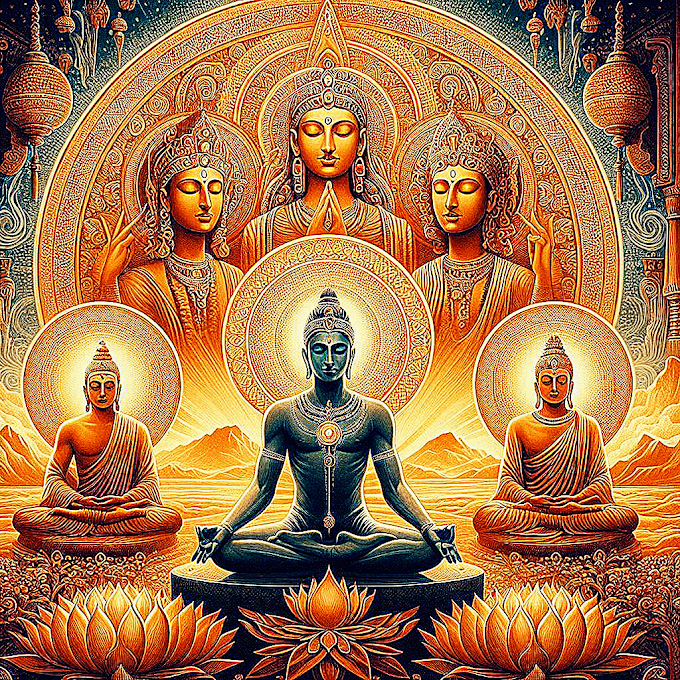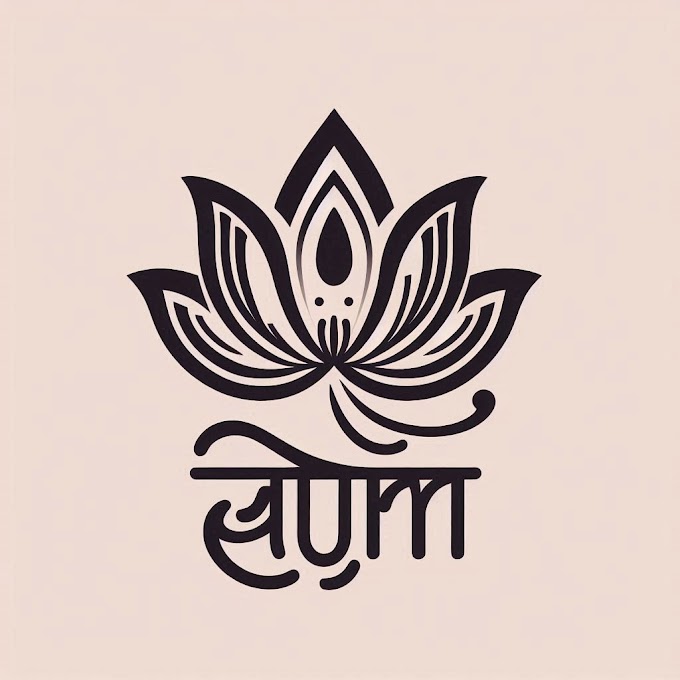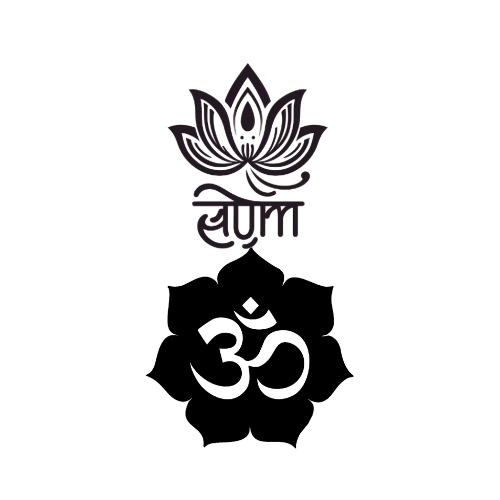Introduction to Indian Philosophy
Indian philosophy, with its roots stretching back thousands of years, is a rich and diverse tradition that encompasses a wide range of thoughts, systems, and schools. It addresses profound questions about existence, the nature of reality, the self, and the ultimate purpose of life. Grounded in both speculative reasoning and practical living, Indian philosophy integrates metaphysical inquiries with ethical, psychological, and spiritual dimensions. This summary provides an overview of its key concepts, schools of thought, and relevance.
Core Characteristics of Indian Philosophy
Unity of Philosophy and Life
Indian philosophy does not separate theory from practice. Concepts like karma, moksha, and dharma influence ethical living and spiritual aspirations.Spiritual Emphasis
Unlike purely materialistic inquiries, Indian philosophy prioritizes understanding the soul (atman), liberation (moksha), and the ultimate reality (Brahman).Systematic Diversity
Indian philosophy includes six orthodox schools (Astika)—Vedanta, Samkhya, Yoga, Nyaya, Vaisheshika, and Mimamsa—and several unorthodox (Nastika) systems like Buddhism, Jainism, and Charvaka.Integration of Rationality and Faith
Indian philosophical traditions often combine rigorous logic with spiritual intuition, emphasizing both rational inquiry and experiential wisdom.
Historical Development of Indian Philosophy
Vedic Period (1500–600 BCE)
- The earliest philosophical ideas are found in the Vedas, focusing on rituals, cosmology, and hymns.
- Upanishads (Vedanta) explore profound metaphysical questions, introducing concepts like Brahman (ultimate reality) and Atman (self).
Epic Period (500 BCE–200 CE)
- Philosophical ideas are elaborated in the Mahabharata (especially the Bhagavad Gita) and the Ramayana, blending ethical, metaphysical, and devotional aspects.
Classical Period (200 CE–1200 CE)
- Systematic schools (Darshanas) develop, offering distinct frameworks for understanding reality.
- Buddhism and Jainism provide alternative perspectives on liberation and ethics.
Medieval Period (1200–1800 CE)
- Philosophical traditions like Advaita Vedanta (non-dualism) and Bhakti movements emphasize personal devotion and unity with the divine.
Modern Period (1800 CE–Present)
- Thinkers like Swami Vivekananda, Aurobindo, and Mahatma Gandhi reinterpret traditional ideas to address contemporary challenges.
Key Schools of Indian Philosophy
Orthodox Schools (Astika)
Samkhya
- A dualistic system distinguishing between Purusha (consciousness) and Prakriti (matter).
- Liberation is achieved through the realization of this separation.
Yoga
- Complementary to Samkhya, focusing on practical techniques like meditation and ethical discipline to control the mind and attain liberation.
Nyaya
- A logical system emphasizing reasoning and debate to uncover the truth.
Vaisheshika
- An atomistic philosophy explaining the nature of reality through categories like substance, quality, and action.
Mimamsa
- Focuses on Vedic rituals and the authority of the scriptures.
Vedanta
- Explores metaphysics, particularly the relationship between the self and the ultimate reality.
- Schools include Advaita (non-dualism), Vishishtadvaita (qualified non-dualism), and Dvaita (dualism).
Unorthodox Schools (Nastika)
Buddhism
- Rejects the authority of the Vedas, emphasizing the Four Noble Truths and the Eightfold Path to liberation.
Jainism
- Advocates non-violence (ahimsa) and self-discipline to achieve liberation from karmic bondage.
Charvaka
- A materialistic philosophy dismissing metaphysical speculations and emphasizing sensory experience.
Central Concepts in Indian Philosophy
Karma and Rebirth
- The law of cause and effect governs actions and their consequences, influencing the cycle of birth and death (samsara).
Moksha (Liberation)
- The ultimate goal of human life is liberation from the cycle of rebirth, achieved through knowledge, devotion, or disciplined practice.
Dharma (Duty)
- Ethical and moral duties that sustain individual and societal order.
Brahman and Atman
- Brahman is the universal consciousness; Atman is the individual soul, often seen as identical in Advaita Vedanta.
Philosophy and Practical Life
Indian philosophy is not limited to abstract thought but deeply integrates into daily life:
- Yoga provides practical methods for physical, mental, and spiritual growth.
- Bhakti (devotion) emphasizes love and surrender to the divine.
- Ethical principles, like non-violence and truthfulness, guide personal and social behavior.
Relevance of Indian Philosophy Today
Holistic Well-being
- Concepts like yoga and meditation promote mental health and stress relief.
Sustainable Living
- Philosophies emphasizing harmony with nature inspire eco-conscious living.
Universal Values
- Principles of non-violence, compassion, and truth remain relevant in resolving conflicts.
Interfaith Dialogue
- Indian philosophy's inclusivity fosters understanding across cultures and religions.

.png)
.png)
.png)
.png)



.png)
.png)
.png)
.png)
